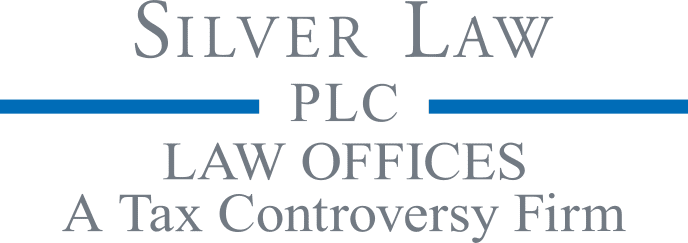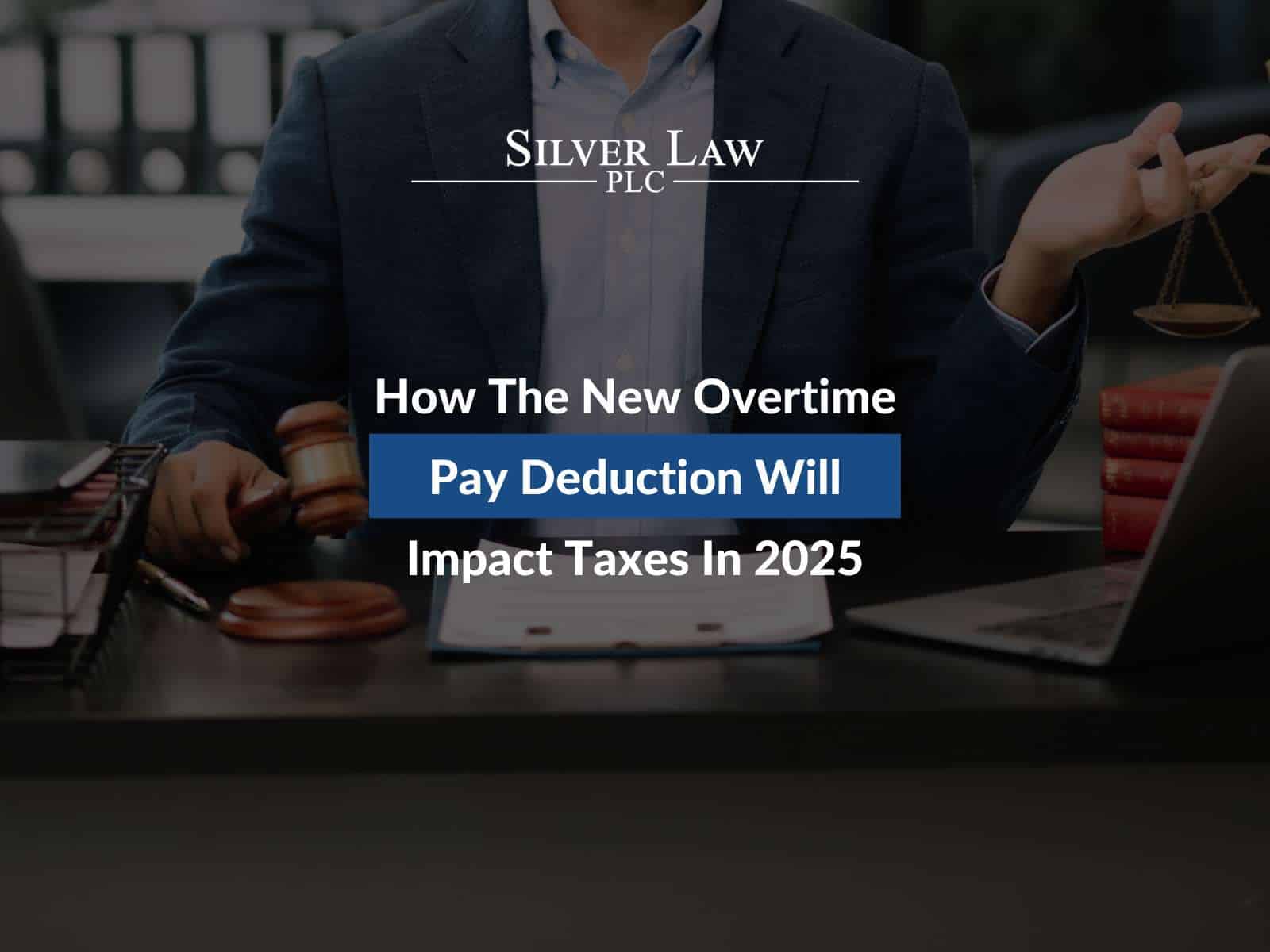Table Of Contents
- Can You Negotiate With The IRS On Your Own?
- IRS Payment Plan Requirements: Do You Qualify?
- Why You Should Hire a Tax Attorney for IRS Negotiations
- What Is An Offer In Compromise & Do You Qualify?
- The Risks Of Handling IRS Debt Alone
- Get IRS Tax Help From Former IRS Attorneys In Arizona
- Frequently Asked Questions About IRS Payment Plans
Struggling With Tax Debt? Learn How To Set Up a Realistic IRS Payment Plan
A lot of people look forward to a nice tax refund at the end of the year, but some of us are unfortunate enough to owe the IRS instead. Some people miscalculate their tax bracket or deductions and incorrectly assume they will owe less. Some people work for themselves and end up making more than they thought, and therefore, they end up paying less in estimated taxes throughout the year. Some are blindsided by changes to the tax code – something that is likely to happen a lot in the coming year now that major tax changes have been passed.
If you end up owing a lot of money to the IRS and are unable to pay, you may be able to negotiate a payment plan with the IRS. However, it’s best that you don’t try to do it alone. Instead, you should hire an experienced tax lawyer near Cave Creek to help you negotiate. Otherwise, you could end up owing a lot more money or losing property because the IRS seized your assets to settle your debt.

Can You Negotiate With The IRS On Your Own?
In some cases, you can negotiate with the IRS directly to formulate a payment plan. Typically, you need to owe less than $50,000 and be able to pay back the full amount within 72 months, or six years. If you owe only $1,000 or so, that might not be such a big deal. If you owe a few tens of thousands, that could end up being a burden to pay each month.
IRS Payment Plan Requirements: Do You Qualify?
Even if you have a relatively “small” amount to pay back, it doesn’t mean that you will be able to propose a payment plan and have it accepted. The IRS is interested in getting the money it is owed as quickly as possible. It knows that each month that goes by without the debt being paid, the higher the chances that it will not get paid at all. The rate of default just goes up. So you could go back and forth with the IRS for months before you’re able to negotiate a payment plan – if at all. All the while, you will be accruing penalties and interest, just adding to what you owe.
Why You Should Hire a Tax Attorney for IRS Negotiations
Your best chance at negotiating a payment plan that you can afford is to hire a tax lawyer. An experienced attorney can help you negotiate the best plan at the lowest payment possible. That way, you can hopefully pay back your tax debt while still having a little set aside for yourself each month. Otherwise, you could end up paying every last bit of disposable income you have – sometimes and then some.
You have to be careful when you go looking for IRS help though. Many unscrupulous attorneys advertise their services and target desperate people. They collect a big fee and then promise to negotiate a plan. But they fail to tell their clients that the negotiation was rejected, and all the while, you are racking up penalties and interest and collection activities are moving forward.
Always research the reputation of the Chandler tax law attorney before you agree to work with anyone. Hire someone who has experience with these kinds of cases and who has references from satisfied clients.
What Is An Offer In Compromise & Do You Qualify?
In some cases, paying even a small amount to the IRS may be a burden for you. Or you may be able to pay so little that you never actually pay down the debt since the interest accumulates faster than you can pay. Add to that the administrative fees you pay for setting up the plan.
Your tax lawyer may be able to help you get an offer in compromise instead. In such a case, your attorney would offer an amount that you could pay, and the IRS would agree to clear your debt for that amount instead of the full cost. Your lawyer will have to show that you don’t have the means to pay, so it’s in the best interests of the IRS to take some amount rather than getting none eventually. Winning this argument requires putting together a lot of evidence, and an experienced attorney will know how to make the strongest case.
The Risks Of Handling IRS Debt Alone
Attempting to avoid your debt or to negotiate without the help of a tax law attorney can result in you owing a lot of money or losing your house or wages to IRS collection activities.
Get IRS Tax Help From Former IRS Attorneys In Arizona
Silver Law PLC in Arizona offers IRS help for those who are unable to pay their IRS debt or who are facing collection activities. Our attorneys have all worked for the IRS previously, and they know how negotiations are handled on both sides of a case. They are able to use their knowledge and experience to help our clients get affordable payment plans where possible. In other cases, they may be able to negotiate an offer in compromise or find another way to have the debt minimized. Contact us in Arizona today to talk with a tax lawyer about your debt and your options.
Frequently Asked Questions About IRS Payment Plans
Can the IRS reject my payment plan?
Yes, the IRS can reject your payment plan if they don’t think you’ll pay it back in a timely manner or if they don’t think your proposal is realistic based on your financial situation. The IRS is all about getting the money back as fast as possible and will review your proposal carefully.
How much interest accumulates?
The IRS charges interest and penalties on unpaid taxes and those amounts add up until the balance is paid in full. Even while you’re on a plan, the total can grow if payments are too low to cover the added charges. You need to act fast and negotiate terms that prevent the debt from snowballing.
Can I change a payment plan later?
Yes, in many cases. If your income drops or expenses change, you may be able to modify your payment plan. But modifying the agreement isn’t automatic. You’ll need to request the change in writing and approval isn’t guaranteed. Having a lawyer makes this process smoother and more likely to succeed.
Will my credit be affected?
The IRS doesn’t report to credit bureaus like lenders do, but they may file a Notice of Federal Tax Lien if the debt is big and unresolved. That lien becomes public record and can impact your credit indirectly. Preventing or removing a lien often requires timely action or professional help.
What if I miss a payment on my plan?
Missing a payment can cause your plan to default and trigger collection actions, including asset seizures or wage garnishment. That’s why having a lawyer monitor your situation and communicate with the IRS on your behalf is key since they can jump in fast if problems arise and help you avoid serious consequences.

Silver Law PLC - Scottsdale, AZ
7033 E. Greenway Pkwy. Suite 200 Scottsdale, AZ 85254
Phone: (480) 429-3360
Fax: (480) 429-3362
Email: [email protected]
Silver Law PLC - Henderson, AZ
2470 St. Rose Pkwy Suite 207 Henderson, NV 89074
Phone: (702) 801-1000
Email: [email protected]
Silver Law PLC - Draper, UT
11576 S. State Street, Suite 1002 Draper, Utah 84020
Phone: (801) 340-7514
Email: [email protected]

Silver Law LLP - San Diego, CA
7676 Hazard Center Drive, Suite 1525 San Diego, CA 92108
Phone: (619) 387-3790
Email: [email protected]
Silver Law LLP - Coronado, CA
724 1st St. Coronado, CA 92118
Phone: (619) 612-5337
Email: [email protected]






